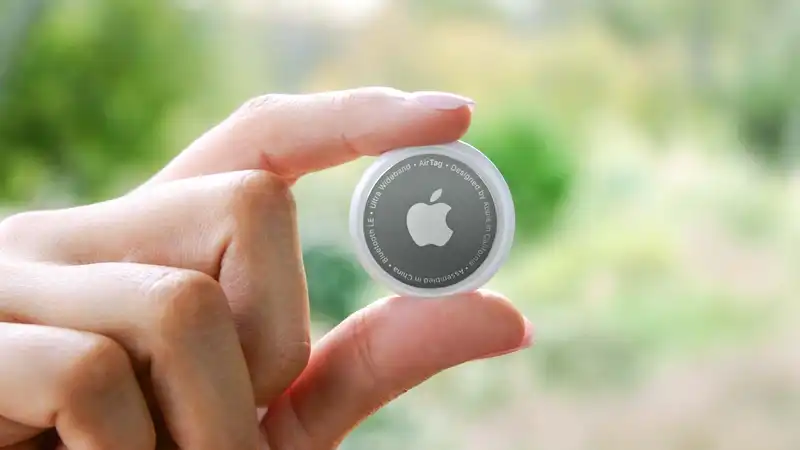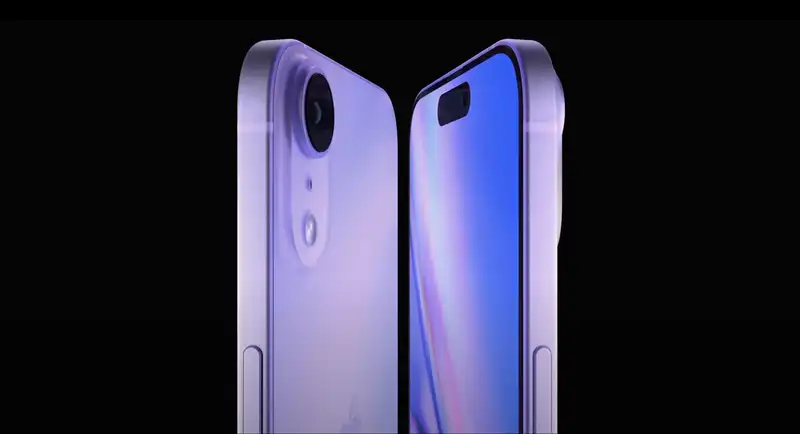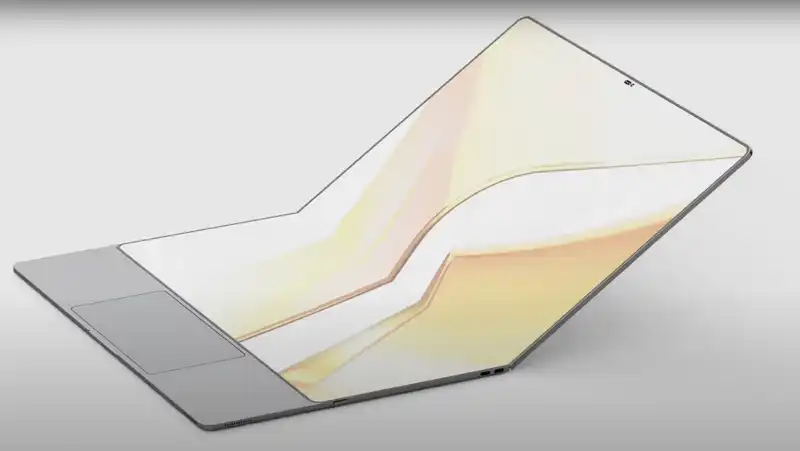Back in 2022, Apple was developing the M2 Extreme chipset for the Mac Pro, which was said to replace the aging Intel Xenon chip that was (at the time) still powering the top-of-the-line tower; the M2 Extreme chipset had 48 CPU cores and 152 GPU cores, but they all ultimately failed, and the Mac Pro ended up with the more modest (but still ridiculously powerful) M2 Ultra chipset.
Two years later, Apple reportedly announced a similarly powered-up M4 Extreme, giving us a sense of deja vu.
This information comes from The Information (via MacRumors), which reports that Apple abandoned development of a chip that combined four smaller chips into one over the summer. Assuming the M4 Max chip in the recent MacBook Pro is the starting point, this would mean a chip with up to 64 CPU cores and up to 160 GPU cores.
The reason for the cancellation of the M2 was said to be due to complexity and cost, but this time the issue is instead one of priority.
According to sources, Apple has reallocated resources to the AI server chip. In addition to Apple itself and TSMC for manufacturing, Broadcom is reportedly in charge of the networking technology side of the project, and is aiming to complete the design within the next 12 months.
To be clear, this chip will not be for everyone. It is serious power, comes with an equally serious price tag, and is out of reach (and necessary!) for most people. It is a thing.
To put things in perspective, Apple's final M2 Ultra Mac Pro tower starts at $6,999 and goes up to $12,199 when you add 16 more GPU cores, 128GB more RAM, 7TB more storage, and a set of wheels (really (Note: the wheels add $400 by themselves). And the rumored M4 Extreme chipset has 64 CPU cores and 160 GPU cores, which would make the M2 Ultra (24 CPU cores, 60-76 GPU cores) look really tiny by comparison.
In other words, this is a niche chipset for a niche product, and given that Apple's mainstream devices are doing so well, it may be no surprise that Apple chilled twice over whether it was worth the time and money.
Nonetheless, this is a chipset that Apple has now twice expressed interest in developing. Thus, it is not entirely unrealistic to think that the company might return to this chipset at some point in the future.
For now, however, the Mac Studio and Mac Pro, which are rumored to be coming next year, will likely feature the smaller M4 Ultra chipset.










Comments